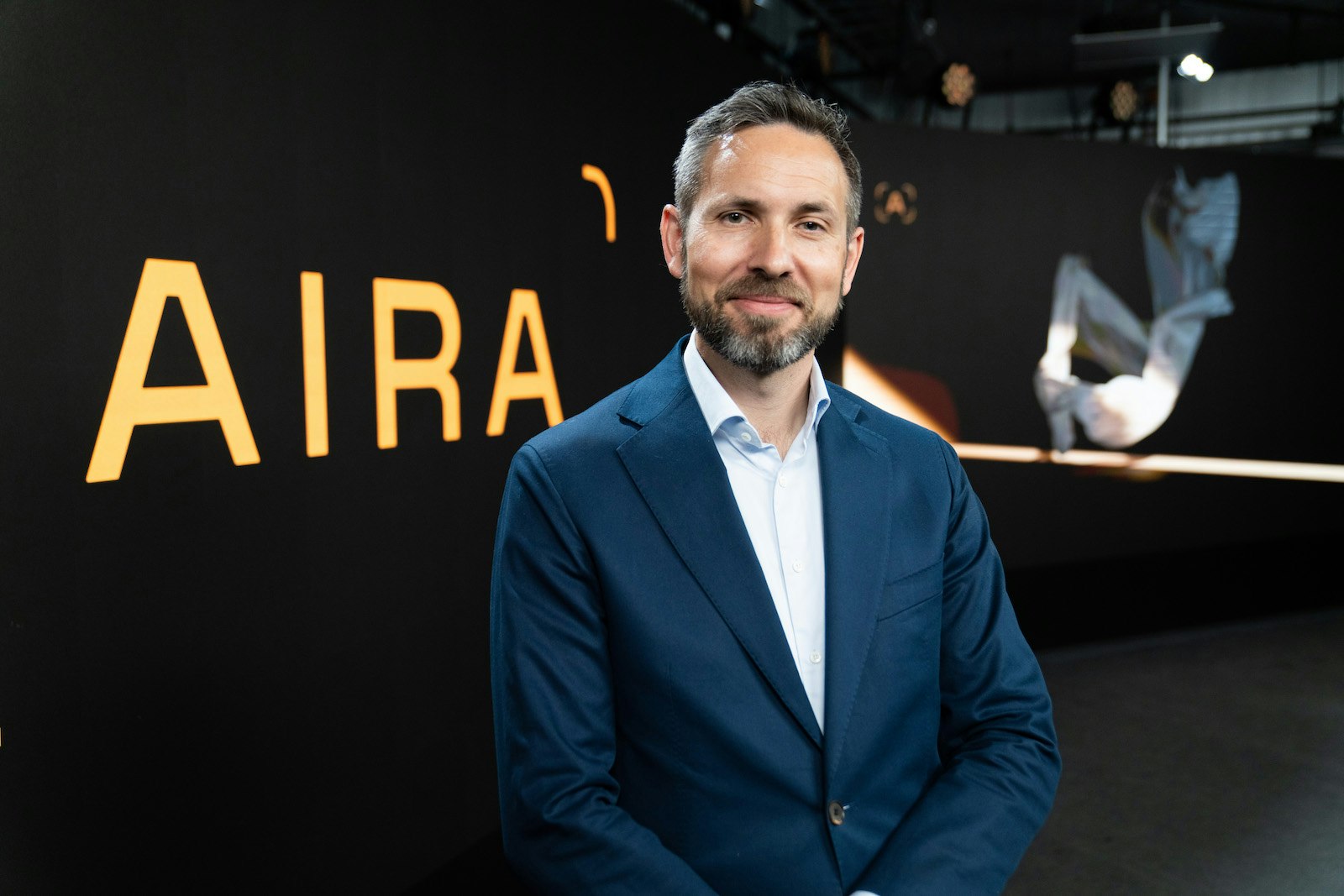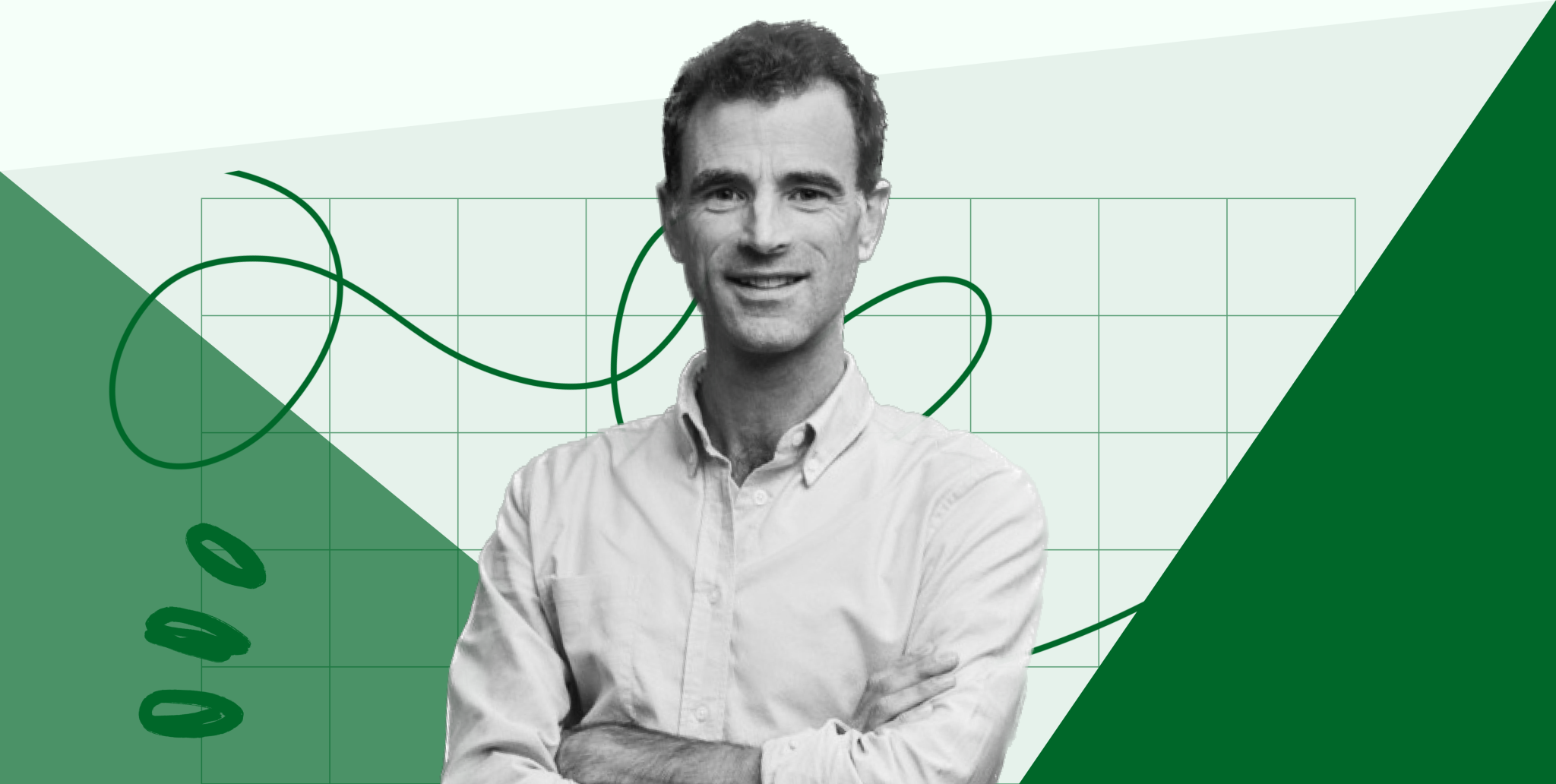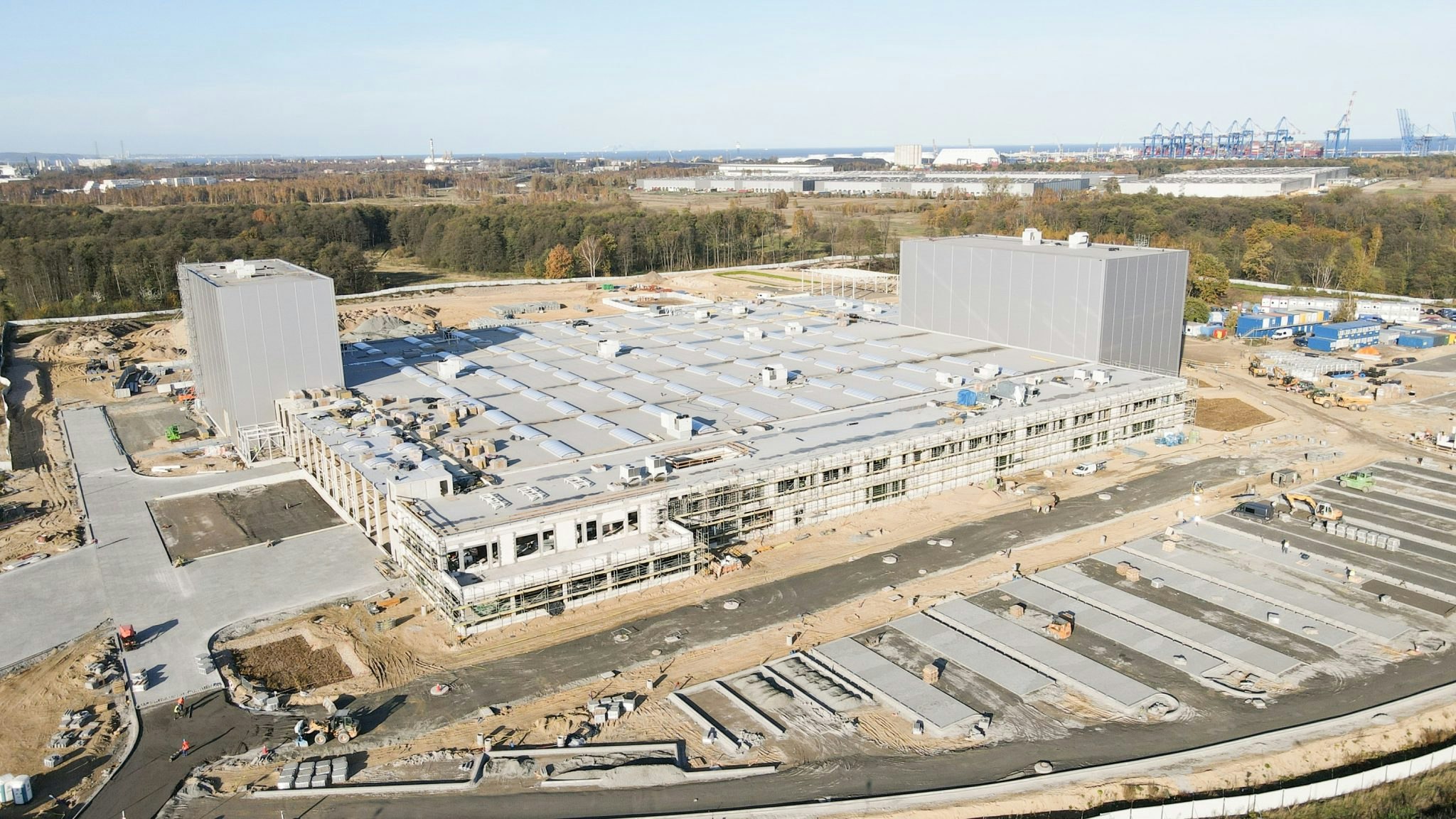Climate tech has been one of the most resilient sectors amid the tech slowdown — and the end of 2022 saw a flurry of new climate-focused funds eager to get in on the action.
The momentum looks set to continue in 2023. Earlier this week, Planet First Partners announced a new €450m fund for post-Series B companies, with cash from IKEA group — a key backer of climate hardware in Europe. Sifted knows of another that's set to announce in the coming days.
And now adding to the pot is Berlin-based Planet A, which has just closed its first fund at €160m, from an intriguing roster of LPs including BMW, the Danish pension fund and the founders of HelloFresh and Zalando.
Planet A’s new fund will invest across Europe and Israel, writing cheques from €500k-3m — as well as participating in follow-on rounds.
Science-driven VC
What’s notable about Planet A is its commitment to making rigorous, scientifically assessed investments. There’s a wider movement towards more scientific-based investing in climate tech funds and Planet A, which launched in 2021 and has already made 14 investments, has been at the forefront.
“We developed very much from the beginning as a very science-driven VC,” says Lena Thiede, cofounder of Planet A and a former policy adviser to the German government.
It was one of the first European VCs to have an in-house science team (currently three people) that calculates lifecycle assessments. Other firms like Sweden’s Pale Blue Dot have also hired scientists into research positions.
As part of Planet A’s due diligence process, it digs into every part of a product or service — from raw materials, supply chains and transportation, right through to the product’s end of life.
The document it produces is about 50 pages long each time — the team publishes them all online for anyone to read.
Some VCs go for a specific impact metric that all investments have to meet, typically a set amount of CO2 emissions avoided. Impact metrics are a fraught topic — critics say pursuing metrics leads to solutions being overhyped or overlooked, and that a simple calculation on if something will have a net positive effect or not is all that's needed.
Planet A doesn’t look for a specific metric — instead, it compares the product to a reference product it’s aimed at replacing.
“The methodology allows us to not only understand carbon footprint but to understand things like land-use and water-use, and to get a really holistic understanding of how much better something is for the environment.”
What Planet A wants to see next
Planet A’s existing portfolio covers bio-based materials, ebikes and an environmental metrics platform for businesses.
Next, Thiede says the fund is particularly excited about hydrogen solutions for decarbonising transport, ways to decarbonise heavy industry, water tech and biodiversity solutions.
On the latter, Thiede says the “million-dollar” question for VCs is how to make nature protection investable. Planet A has backed The Landbanking Group, which is building methods for landowners to receive revenues from nature restoration, and Good Carbon, which is working on nature-based carbon credits.
Is climate capital flowing into the right places?
The climate tech world has a lot of dry powder sitting around, thanks to the numerous newly closed funds. But that also carries risks, Thiede says, especially if VCs lack proper climate assessment tools.
She’s also wary of a “FOMO mentality” affecting climate tech investing — where VCs see each other crowd into a sector and want to follow.
“A lot of money has traditionally flown into micromobility and transport. That is fine but I think we do need much more resources in things like regenerative agriculture, biodiversity protection and water,” Thiede says.
Things are moving, she says — particularly on biodiversity and nature investment. “90% of COP was about nature, so things are heading in the right direction.”


